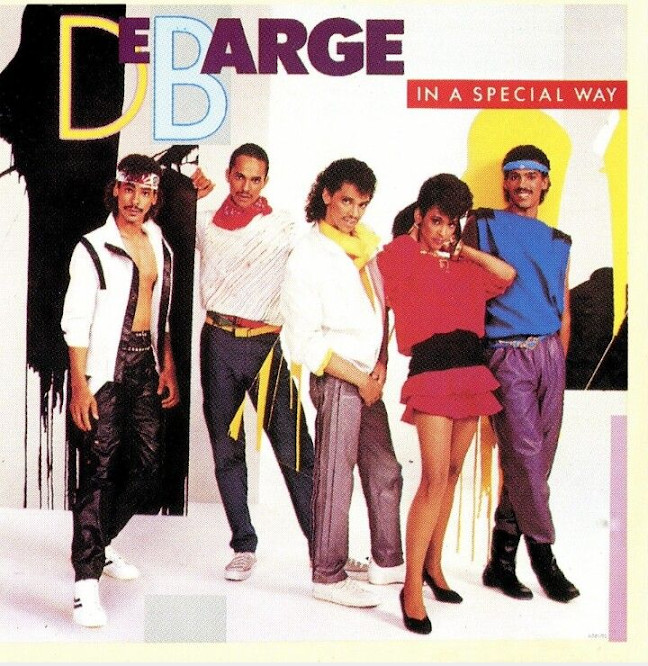https://www.instagram.com/reel..../DRvZbzUjRll/?igsh=M
Black girl magic ✨️♥️
Discover posts
Understanding Web Jet Pricing: A Comprehensive Case Study | #private jet charter prices
เยว่เค่อ และ Relx อุปกรณ์บุหรี่ไฟฟ้ายอดนิยม | #หัวพอด relx รุ่น 5
ซื้อบุหรี่ไฟฟ้าออนไลน์และรุ่นแนะนำล่าสุด | #อย่างไรก็ตามควรซื้อจากร้านค้าที่น่าเชื่อถือ มีรีวิวจากผู้ซื้อจริง
Relex เยว่เค่อ และ Relx รุ่น 6 อัปเดต | #การใช้งานที่ง่ายและดูแลรักษาไม่ยุ่งยากเป็นจุดเด่นสำคัญ
YA NASTY, PART 1
Matthew 18:6
6 But whoso shall offend one of these little ones which believe in me, it were better for him that a millstone were hanged about his neck, and that he were drowned in the depth of the sea.
By rachelherod-13 years ago (May 01, 2012 04:34 AM). Read ⬇️
In the 60s, their Caucasian father, in an interracial domestic violence relationship as a wife/child basher & incest child molester, could get away with his offenses so easily. The only justice I heard against their father was he got beaten up by their uncle after he learned Bunny had been sexually abused by him for years. It's so sad how they suffered abuse in silence from their abnormal, bullying, sadistic, sordid father. It made me so sullen inside & scared for them as I saw their documentary on their early upbringing on YouTube. The DeBarge's are so tremendously strong to smile for us fans & hope they have found healing/inner peace within themselves. I wish them happiness & success waiting ahead.
Katt Williams, who stands at 5’5”, scares the living hell out of those in the business who are gatekeepers that worship wealth and fame instead of hard work and God-given talent. These cults that promise you everything Satan promised Yahusha when he tempted Him on the mount if you sell them your soul—nope. How can you give us what we already own? We who believe are joint heirs to everything Yahusha owns. Many recording, performing, or literary authors who performed or had their novels come to life on the silver screen may have sold their soul for pennies, or they were protected by the industry because they were Jews, not Yisraelites. There's a difference. Ask Katt Williams. What children like the DeBarge family experienced wasn't common in the early 60s and 70s with white men marrying Black women. But first, read what’s below.
• 93.6% of sexual abuse offenders were men.
• 57.5% were White, 16.1% were Black, 12.1% were Native American,
11.8% were Hispanic, and 2.5% were Other races.
♦ 74.6% of offenders in cases involving production of child
pornography were all White.
♦ 53.3% of offenders in cases involving travel for prohibited sexual contact were White and 27.4% were Black.
♦ 61.3% of offenders in cases involving criminal sexual abuse
(rape) were Native American. 4
♦ 65.4% of offenders in cases involving abusive sexual contact were Native American.
♦ 84.6% of offenders in cases involving statutory rape were Native American
Punishment
• 99.5% of sexual abuse offenders were sentenced to prison; their
average sentence was 211 months.
• The average sentence for offenders convicted of production of
child pornography was 277 months:
♦ 85.7% of these offenders were convicted of an offense carrying
a mandatory minimum penalty; their average sentence was
300 months. The average sentence without a mandatory
minimum was 139 months.
• The average sentence for offenders convicted of travel to engage
in prohibited sexual conduct with a minor was 152 months:
♦ 70.0% of these offenders were convicted of an offense carrying
a mandatory minimum penalty; their average sentence was
184 months. The average sentence without a mandatory
minimum was 76 months.
The 84.6% statutory rape statistic for Native Americans is a bit suspect. Predators not living on the reservations committed many of these crimes, Mr. Charlie. This is how the system’s rigged to make every Indian reservation a playground for lascivious white males. If a Native American was sexually assaulted by a white man, they had no right or jurisdiction to press charges against their assailant; furthermore, if they tried, their community would lose all government assistance, funding, and aid for their tribe in violation of these Draconian laws. The person who violated the act or commandment was prosecuted to the fullest extent of the law, notwithstanding the violation of edicts set aside for breaching the fraudulent legislative process. That’s how they play the game: rigged. Confessing before the Most High, bearing your heart before Him who knows your sins before you commit them, can grant forgiveness’. God can grant you His grace, mercy, and favor like He did for King David. Like David, you will pay penance, Esau. Some people think alabaster skin alone makes them pure according to the Most High. Black skin’s always been frowned upon as dirty, unclean, or cursed. They lied when they said our skin lacked vitamin D; theirs does. They told us to keep out of the sunlight. Why? It has a metamorphosis effect. When sunlight touches plants and trees, it has a similar effect on dark- or light skinned Black melanated people. Combined with God's Spirit, it will release godlike abilities, APTTMH. Continue—









